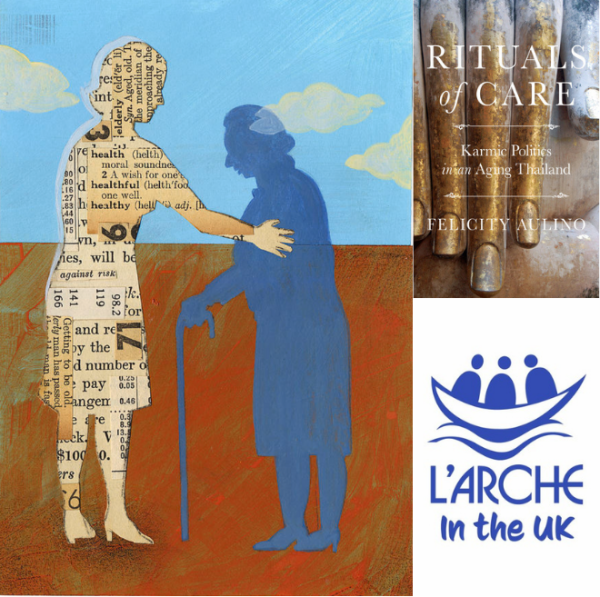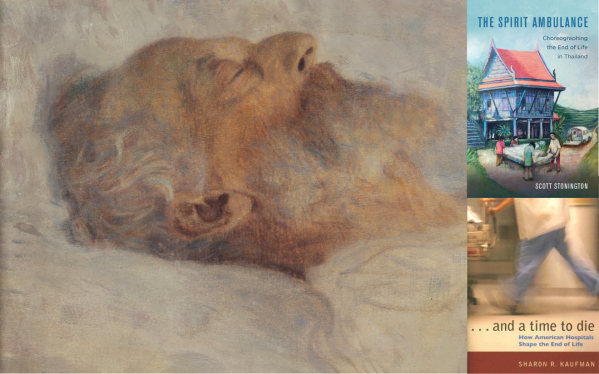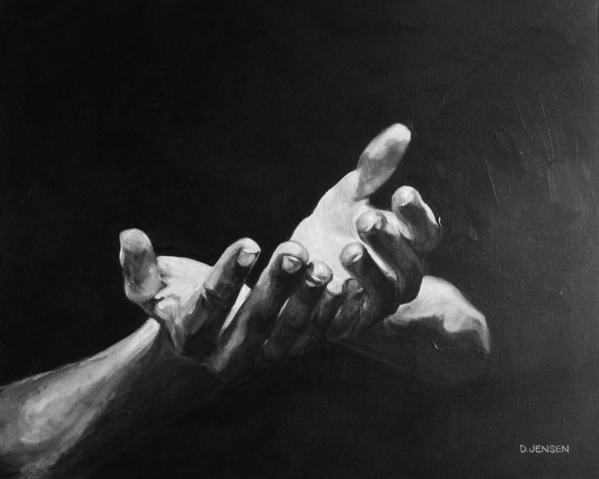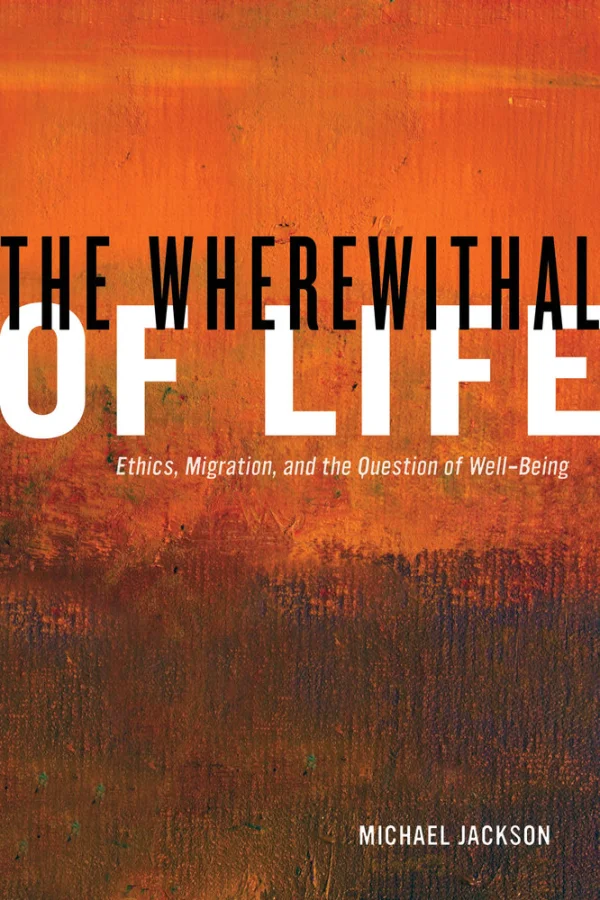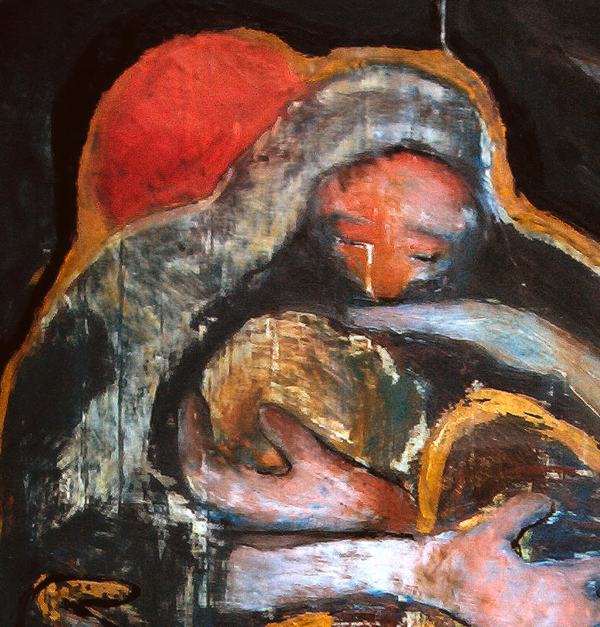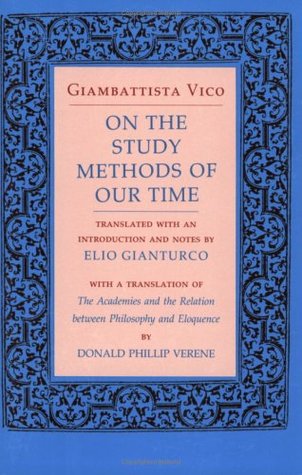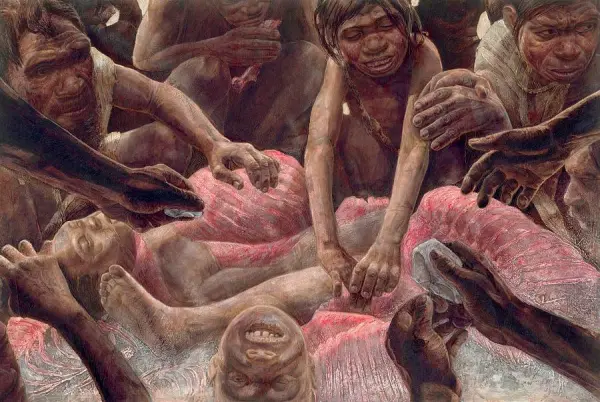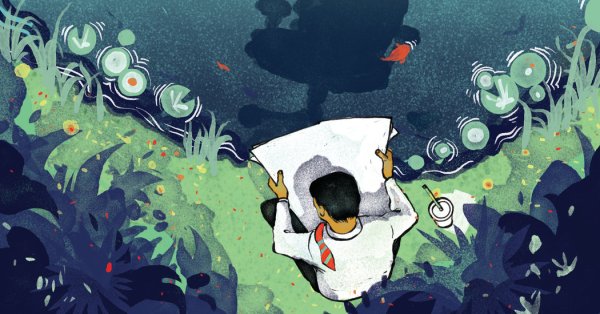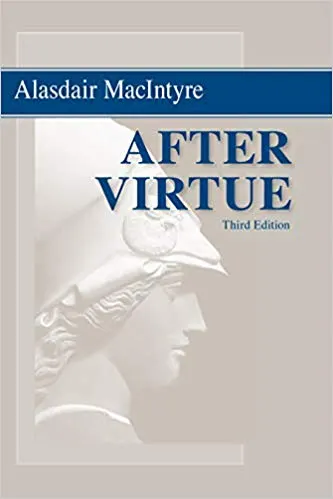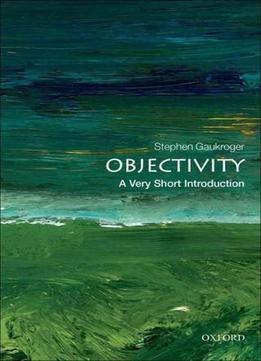The precarity of the human condition makes care a vital fabric of social life and acts of care a driving force of our moral engines. Despite how there is so much care work to be done and how often such acts are received with awe and gratefulness, no care work, arguably, is straightforward or without an issue. Every act of care bears with it...
Combined Book Review: The Inevitable Within Grasp: Contemporary Death and End-of-life
Death is surely a defining feature of the human condition—tying every being together with its universality and constituting the ethical substance of many lives. Beneath such universality, however, lies particular understandings of how a ‘good death’ should be. One could, perhaps, argue that...
Rethinking Giving and Receiving in a Pious Economy: Giving to God
In his famous essay The Gift, Marcel Mauss touches upon the concept of reciprocity in gift-giving and contends that no gift is disinterested. By drawing on ethnographic observations, such as those on potlatch, a ceremonial gift-giving feast practiced in some places in North West America, he argues that potlatch is a competition for prestige that... Continue Reading →
Book Summary: The Wherewithal of Life: Ethics, Migration, and the Question of Well-being / Michael Jackson
In his book, Michael Jackson looks deeply into the lives of three individuals, Emmanuel Mulamila, Roberto M. Franco, and Ibrahim Ouedraogo while shedding some light on their journeys that concern the endurance of life via different ethical modes of being, how these individuals approach and derive meanings from their extraordinary encounters in life, and what... Continue Reading →
Forgiveness: a Bilateral “Liberation”?
In his book called The Sunflower: On the Possibilities and Limits of Forgiveness, Simon Wiesenthal narrates his story as a concentration camp inmate who is asked for forgiveness by a dying Nazi soldier--a story which takes the reader to a moral dilemma that Simon could not find the answer of. The latter part of the... Continue Reading →
Book Summary: On the Study Methods of Our Time / Giambattista Vico
I According to Vico, “the men of the modern age, have discovered many things of which the Ancients were entirely ignorant; the Ancients, on the other hand, knew much still unknown to us” (p.4). And pursues the question ‘which study method is finer and better, ours or the Ancients?’ while describing his goal as “to... Continue Reading →
Morality—a Social Essential?
“Nothing is true, everything is permitted” was supposedly the last words of the founder of a 12th-century Persian assassin group called Hashashin. It is a quote that has inspired thinkers like Nietzsche to include it in his work and regard it as the freedom of the spirit (1989). Although such a way of thinking argues that a “truly free individual” would not conform to social moral obligations due to a supposed contradiction between one’s “true... Continue Reading →
Dubious Sites of Vague Human Activity: Office Labor without Intrinsic Good?
Previously in this series, we entered into one of the most common workplaces: the office. And in this post, I will touch on the purposelessness of many occupations that are bounded by this site. As I had mentioned before, my examples are derived from an office atmosphere that was observed during an internship in a... Continue Reading →
After Virtue / Alasdair MacIntyre
Consider the example of a highly intelligent seven-year-old child whom I wish to teach to play chess, although the child has no particular desire to learn the game. The child does however have a very strong desire for candy and little chance of obtaining it. I therefore tell the child that if the child will... Continue Reading →
Objectivity: A Very Short Introduction / Stephen Gaukroger
Certain philosophers, most notably Giambattista Vico (1668-1744) and Wilhelm Dilthey (1833-1911), have argued that the natural sciences and the human sciences are quite distinct in this respect. In particular, while it might be appropriate to ‘stand back’ from phenomena in the natural sciences to achieve objectivity, this is inappropriate in the case of the human... Continue Reading →
